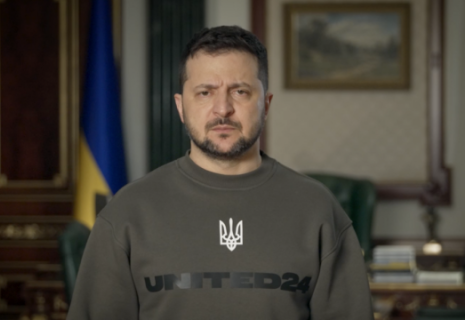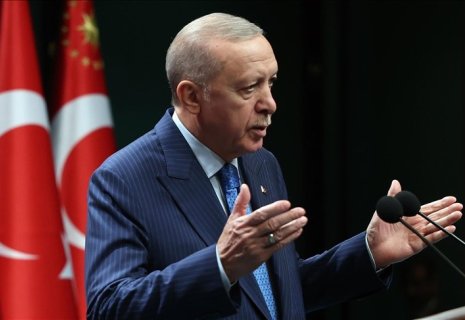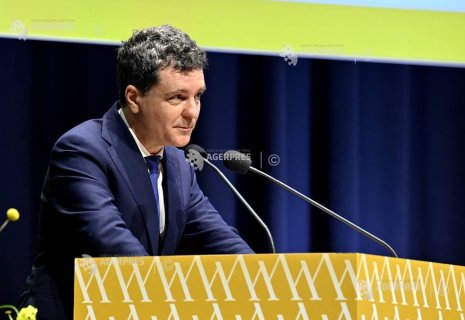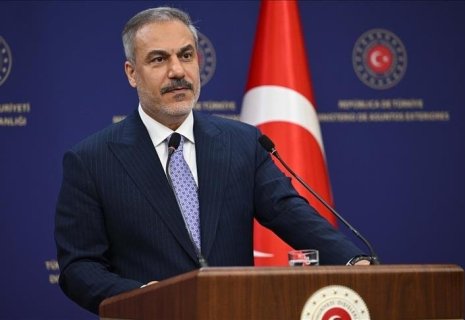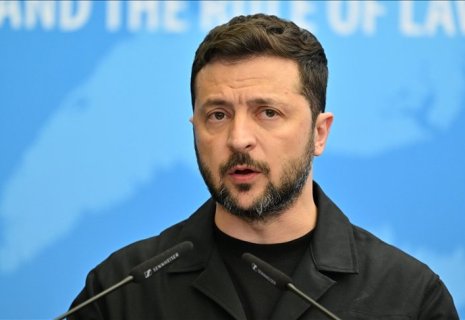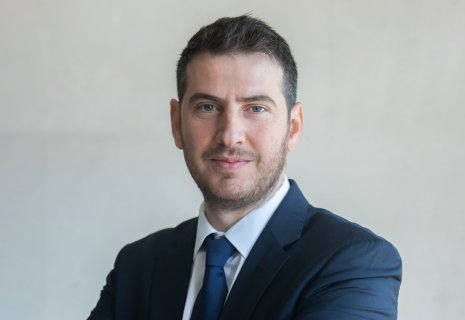
Ukrainian Society Grapples with Low Media Trust
Only half of Ukrainian citizens living within the country trust the news they read.
Anastasiia Romaniuk, an analyst at the Civil Network OPORA, stated this during the presentation of the study "Social Cohesion in Ukrainian Society," CE Report quotes Ukrinform.
"There is also, from a media perspective, relatively low trust in the media and widespread doubts about their objectivity," she said.
According to Romaniuk, quantitative research findings show that just 50 percent of respondents living in Ukraine trust the news they consume.
"This figure is slightly higher among those living abroad — nearly 60 percent. At the same time, 11 percent of respondents say they do not trust any news at all, and around one-fifth of respondents abroad also distrust the news," Romaniuk said.
The OPORA representative also reported a high level of self-censorship among Ukrainians.
"About one-third of respondents in Ukraine said that, based on their own experience, they had held back from expressing themselves in public spaces — whether online or in interactions within their communities — due to fear of being judged or misunderstood. Among respondents abroad, this number rises to about 50 percent," she added.
Romaniuk also said that OPORA's study included questions aimed at identifying the presence of relative deprivation — a sociological concept referring to the perception of receiving less than what one is entitled to, or less than others around them.
"We wanted to examine whether this phenomenon is observable through our respondents. It turns out that the level of relative deprivation is not particularly widespread. We asked a series of related questions and found that over half — in fact, over 60 percent — of respondents both in Ukraine and abroad said they had received what they believe they should have received," Romaniuk said.
The OPORA study was conducted from April 1 to 5, 2025, and consisted of two phases: quantitative and qualitative.
As part of the quantitative phase, a survey was conducted with 2,000 respondents in Ukraine (excluding the temporarily occupied territories) and 400 respondents in EU countries. These samples were treated separately and analyzed in parallel.
The qualitative phase included 16 expert interviews and 12 focus groups, each with 6-8 participants. Groups targeted for this stage included Ukrainians living abroad, internally displaced persons, veterans and their family members, and people with disabilities.


